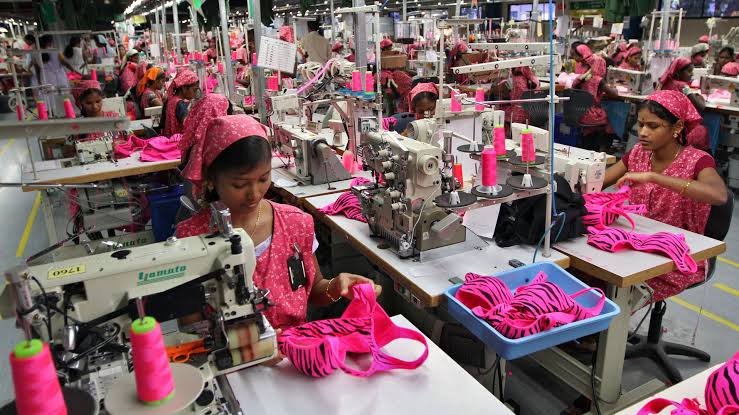
Women’s Leadership in Politics: The Glass Ceiling They Have to Break
Historically, women have been shockingly underrepresented in political leadership roles, with men dominating political institutions. However, we have seen a steady increase in women entering the political arena in recent years.
In many countries, women gained the right to vote in the early 1900s, but it took much longer for them to hold leadership positions. The lack of representation of women in politics can be attributed to several factors, including cultural and societal norms, gender bias, and discrimination.
Despite these hurdles, women have made significant progress in politics. They have also been successful in grassroots movements, using their voices to push for change in the world.
To address this issue, many countries have implemented gender quotas and various action policies to increase women’s representation in politics. These policies have been successful in advancing women’s participation in politics.
In the past few years, many women have taken on top leadership positions in various countries worldwide. Kamala Harris (the Vice President of the US), Angela Merkel (the former Chancellor of Germany), and Jacinda Arden (the former Prime Minister of New Zealand) are some of the notable names who have made significant strides in their respective countries and all over the world with their leadership qualities. They have set an example for women aspiring to take on leadership roles in the future.
As of January 1st, 2023, 34 women serve as Heads of State and/or Government in 31 countries. At present, women serve as the Head of State in only 17 countries, while 19 countries have a woman as the Head of Government. There are only six countries in the world where the percentage of women in parliament in single or lower houses is 50 per cent or higher.
Regarding India, there are 11 women ministers in the central government under the leadership of PM Narendra Modi. This marks the highest number of women in this position in the past 17 years. When it comes to the Kerala government, there are currently three women ministers serving in important roles.
In conclusion, women’s role in politics is essential to achieving gender equality and promoting women’s rights. While progress has been made, there is still much work to be done to ensure that women’s voices are heard and their perspectives are taken into account.




